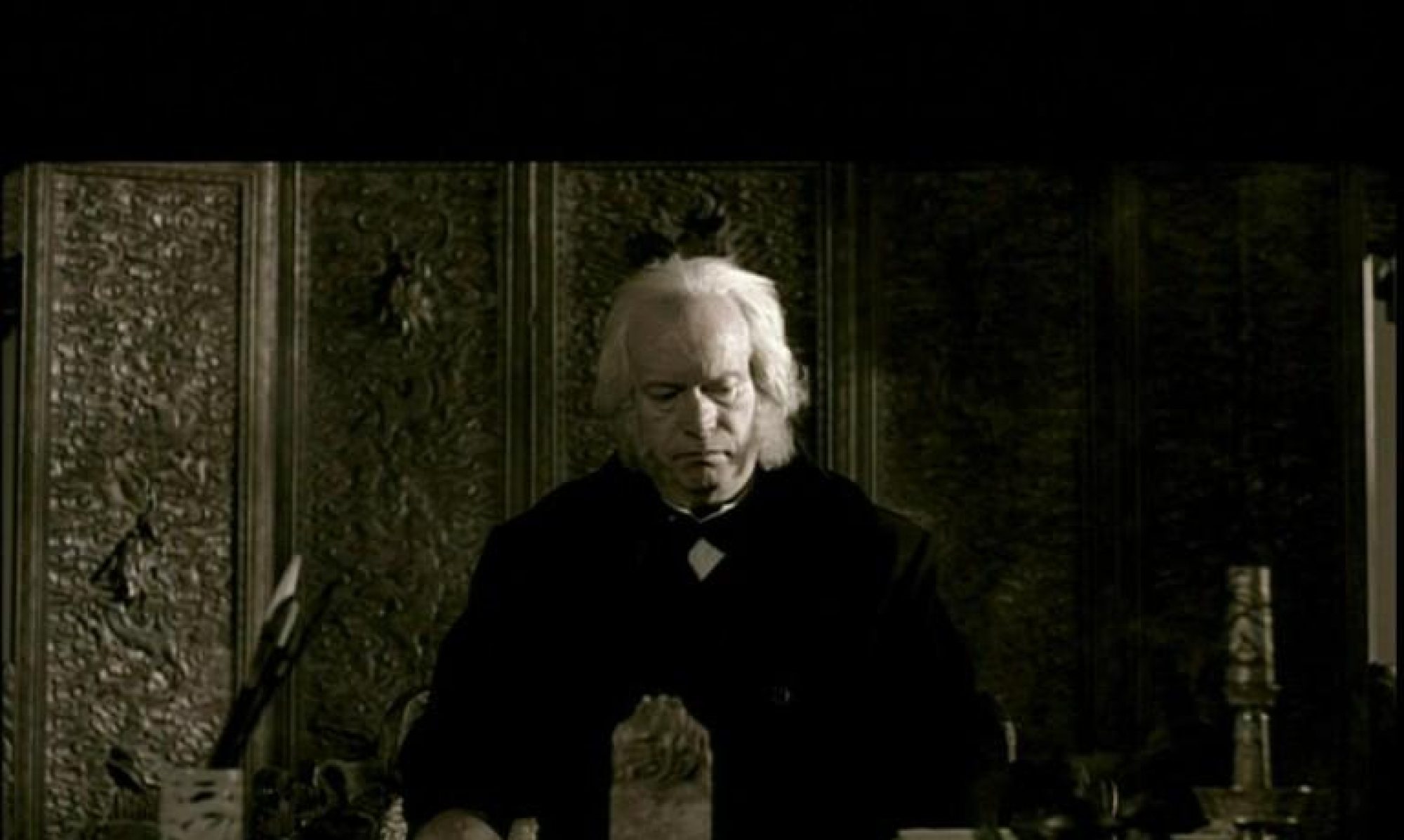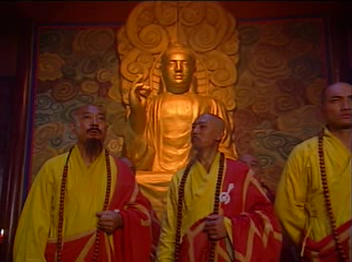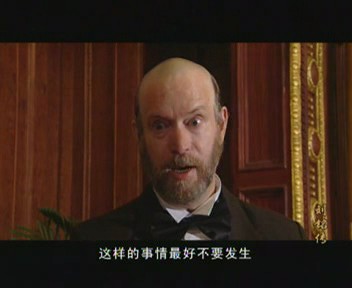In 2018 I was contacted by an agent in Beijing who was casting actors for a large scale TV play about the vagaries of foreign diplomacy in the period between the founding of the People’s Republic of China and the recognition of the new China following the visit of Nixon in 1972. There was a list of 86 roles to be cast, including major political figures from Pakistan, Russia, America, England, France, India, Indonesia, Cambodia, Egypt, Algeria, Tunisia, Ghana, Guinea, Somalia, Tanzania, Zambia, Japan and probably some other countries also. In 25 years of business, this was the largest cast of foreigners he had ever had to assemble.
I translated the list into English and found photographs of all the foreigners and put notices on casting websites in England, America and Ireland (and China, of course). Applications started rolling in.
I myself, after a lot of indecision on the part of the Chinese and some indecision on my own part, went over in August and filmed the role of John Leighton Stuart, who was the last US ambassador to China before the declaration of the PRC.
The series has been widely broadcast on satellite channels and internet channels in China and seems to have been well received. So far I have only been able to watch a bit myself.


 This picture is from the TV series. These are not real Shaolin monks!
This picture is from the TV series. These are not real Shaolin monks!

